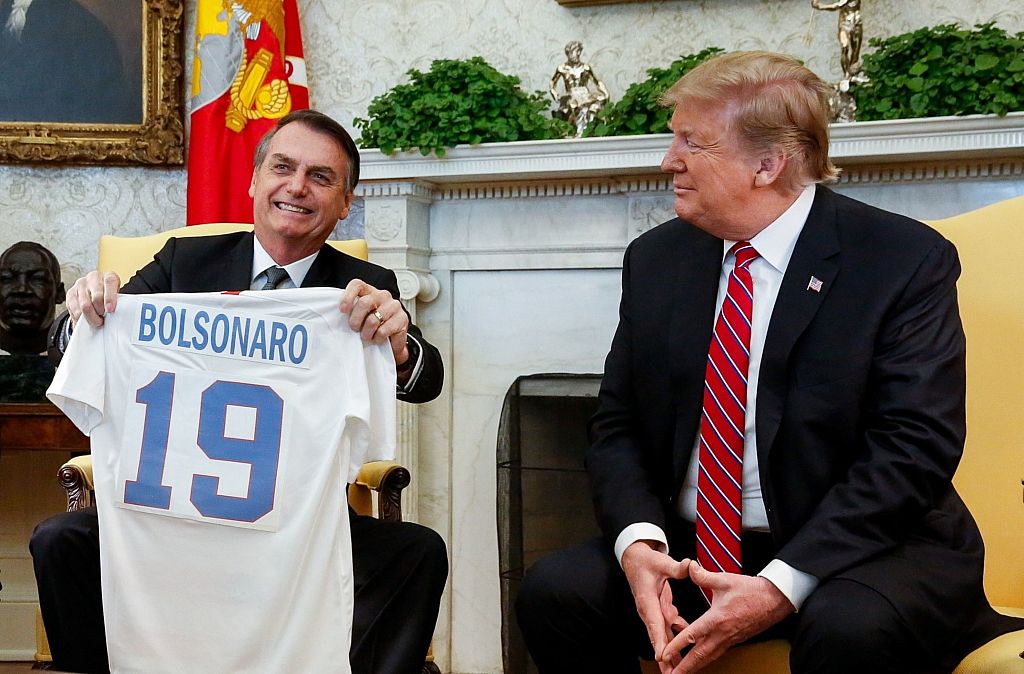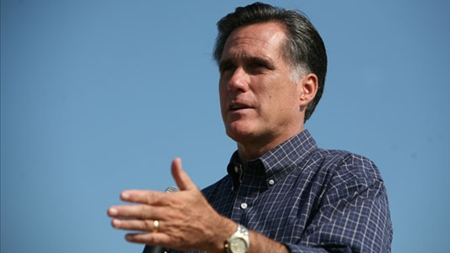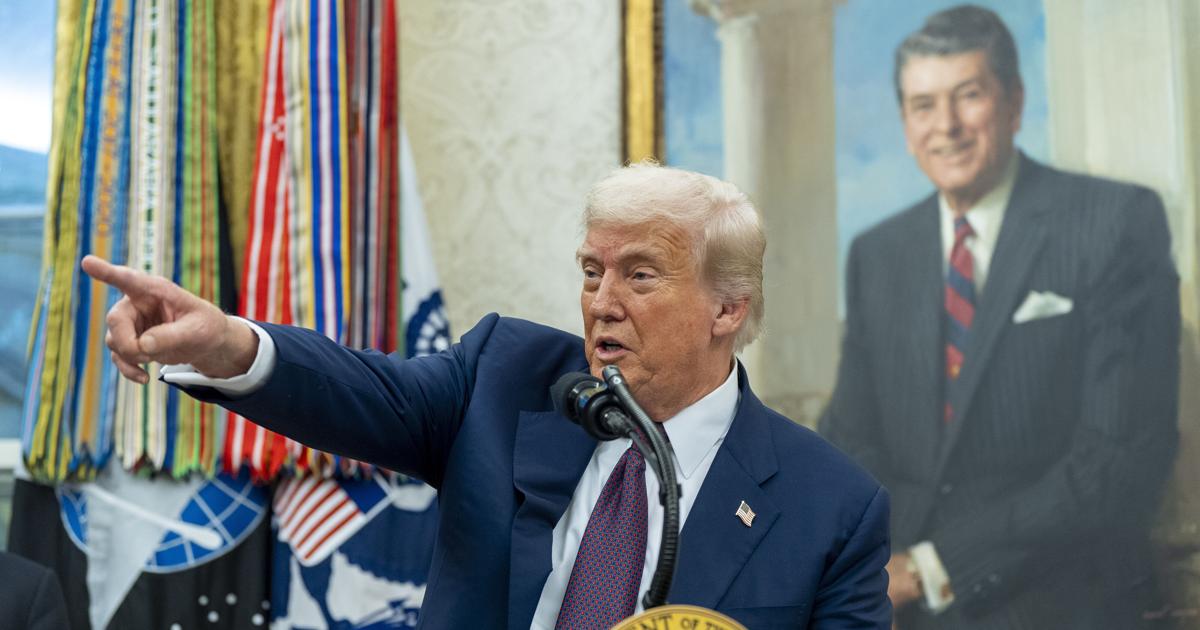Trump's Trade War Threatens Brazil's Economy and Democracy

Trump's Trade War Threatens Brazil's Economy and Democracy
Former U.S. President Donald Trump's recent trade actions have sent shockwaves through Brazil, raising concerns about the nation's economic stability and, potentially, its democratic processes. Since August 7th, tariffs on a significant portion of Brazilian goods have been quadrupled, ostensibly to address an 'unsustainable trade imbalance.' However, the move has sparked widespread criticism and apprehension within Brazil.
The Economic Fallout: The immediate impact has been felt by Brazilian exporters, particularly in the agricultural sector. Key commodities like beef, sugar, and ethanol have been hit hard, disrupting supply chains and impacting livelihoods. Brazilian businesses are scrambling to adapt to the new reality, facing increased costs and diminished market access. Economists predict a slowdown in Brazil's economic growth, potentially leading to job losses and increased inflation.
Beyond Economics: A Political Weapon? While the official justification centers on trade imbalances, many analysts believe Trump’s actions are politically motivated. Brazil's recent shift towards a more progressive government, with policies diverging from Trump's preferred approach, has fueled speculation that the tariffs are intended to exert pressure on Brazil’s leadership. This raises serious questions about the weaponization of trade as a tool to influence political outcomes in a sovereign nation.
The Impact on Brazilian Democracy: The economic uncertainty created by the trade war could erode public trust in the government and create fertile ground for political instability. A weakened economy can exacerbate social tensions and provide ammunition for populist movements seeking to undermine democratic institutions. Furthermore, the perception that Brazil is being targeted for its political choices could damage its international standing and embolden authoritarian tendencies.
Brazil's Response and Future Outlook: The Brazilian government has condemned the tariffs and is actively seeking diplomatic solutions to resolve the dispute. Negotiations with the U.S. are ongoing, but progress has been slow. Brazil is also exploring alternative markets to mitigate the impact of the trade war. However, the long-term consequences remain uncertain. The situation underscores the fragility of international trade relations and the potential for political agendas to disrupt global economic stability.
Looking Ahead: The future hinges on whether the U.S. and Brazil can find a path towards a mutually beneficial trade relationship. A continued escalation of tariffs could have devastating consequences for both economies and pose a serious threat to Brazil's democratic resilience. The international community is watching closely, hoping for a swift resolution that prioritizes economic stability and respect for democratic principles.



